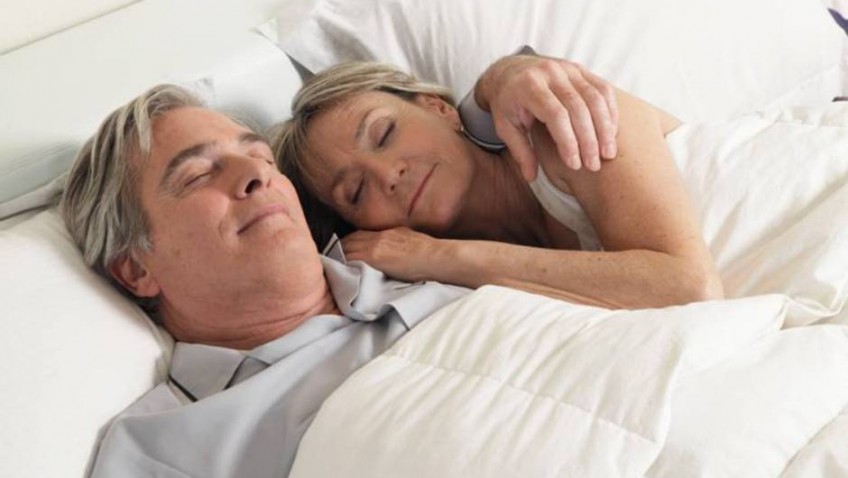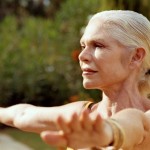Millions of women experience a reduced sex drive after reaching 50, according to new research.
Around three quarters of female respondents said their libido has decreased since they reached the landmark age.
But half of women aged 54 plus said they are too embarrassed to talk to medical experts about intimate health issues and just TWO PER CENT have sought treatment for a less active sex drive.
Reduced sex drive is the health issue women feel most uncomfortable discussing with GPs and pharmacists, followed by discomfort during sex and vaginal dryness.
While 27 per cent of females feel ashamed discussing personal health problems with their partner – including those associated with the menopause.
The research of 1,023 women and 977 men aged 54 plus and in a relationship was commissioned by Relpens MD, the UK’s number one GP recommended intimate moisturiser to soothe and treat vaginal dryness.
Dr Rosemary Leonard, speaking on behalf of Replens MD, said: “The research shows that many women have anxieties when it comes to discuss intimate health issues with professionals and their partner too.
“Although they may perceive the problems as embarrassing, are the discomfort many women are experiencing may be preventing them from enjoying their sex life as they get older.
”Yet these conditions often can be easily treated with a visit to the GP or Pharmacist.
“For example almost half of females polled suffer from vaginal dryness – with around two thirds saying that it impacts on their ability to have sex.
“Despite this, 42 per cent of sufferers put up with the condition because they think it’s just part of growing older and are not aware they could get treatment for it.
“Hopefully the results of our poll will help to encourage people to seek expert help so that they don’t have to suffer in silence and can get back to enjoying life to the fullest.”
Half of respondents said their drop in sexual desire was down to getting older, while over a third put it down to the menopause.
A quarter said their reduced interest in sex was due to a lack of energy, while just under a quarter said it was as a result of vaginal dryness.
The fall in sex drive also coincides with age people start to feel uncomfortable with their partner seeing them undressed.
The typical UK female starts to feel anxious undressing in front of their partner upon reaching 50.
Over 40 per cent of females said they feel self-conscious when their partner sees them naked, but nine in 10 men said they aren’t put off at all by what partner looks like when undressed.
In comparison eight in 10 men said their other half sees them naked most days and 86 per cent also said they never suffer any anxieties with their partner seeing them nude.
Despite concerns over appearance 91 per cent of people polled described their relationship as loving and trusting.
Half of females said they have become less confident with their body as they have grown older –and three quarter of men have either become more or no less confident with age. Eight in 10 would like to be more confident with their body.
Dr Leonard said: “Any changes to our bodies as we age can leave us feeling self-conscious, so it is no real surprise that many women experience a drop in confidence during and after the menopause.
“Often women are experiencing changes and symptoms but are not quite sure what they are.
“Instead of seeking treatment for common conditions like vaginal dryness for example, the research shows that women are putting conditions like this down to a natural part of ageing or they are suffering in silence which is sadly, often having a knock on effect with their relationships.
“While it is a natural part of ageing and it cannot be cured, symptoms can be managed.
“Replens MD, for example soothes and treats discomfort associated with this condition delivering continuous moisture for up to three days of relief in just one application.
“A simple chat with a GP or pharmacist, who probably talks to women about these kinds of conditions on a weekly basis can result in finding an effective solution that can help women get on with making the most of life again.”
For more information and expert advice from Dr Rosemary Leonard visit www.replens.co.uk.





